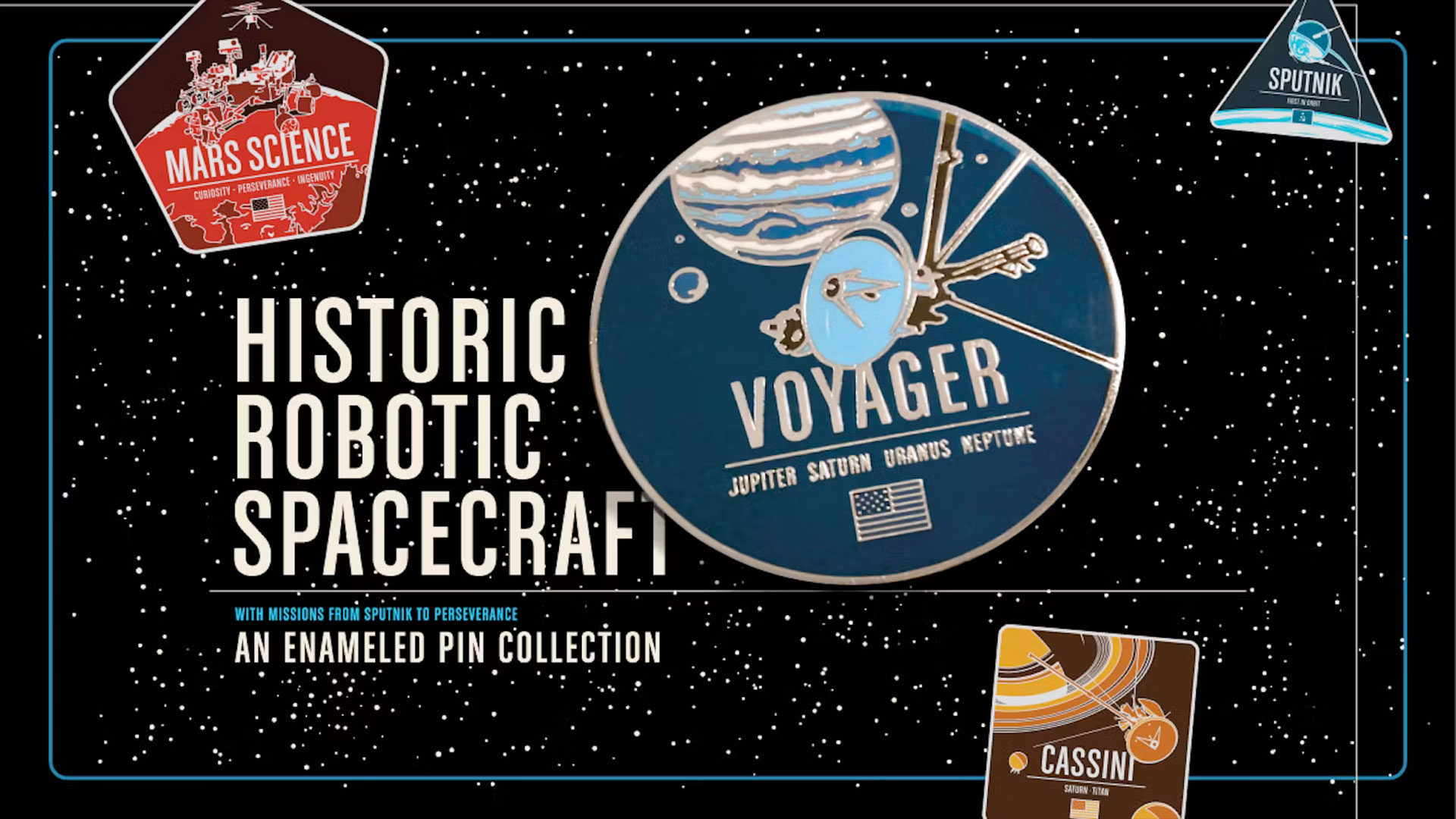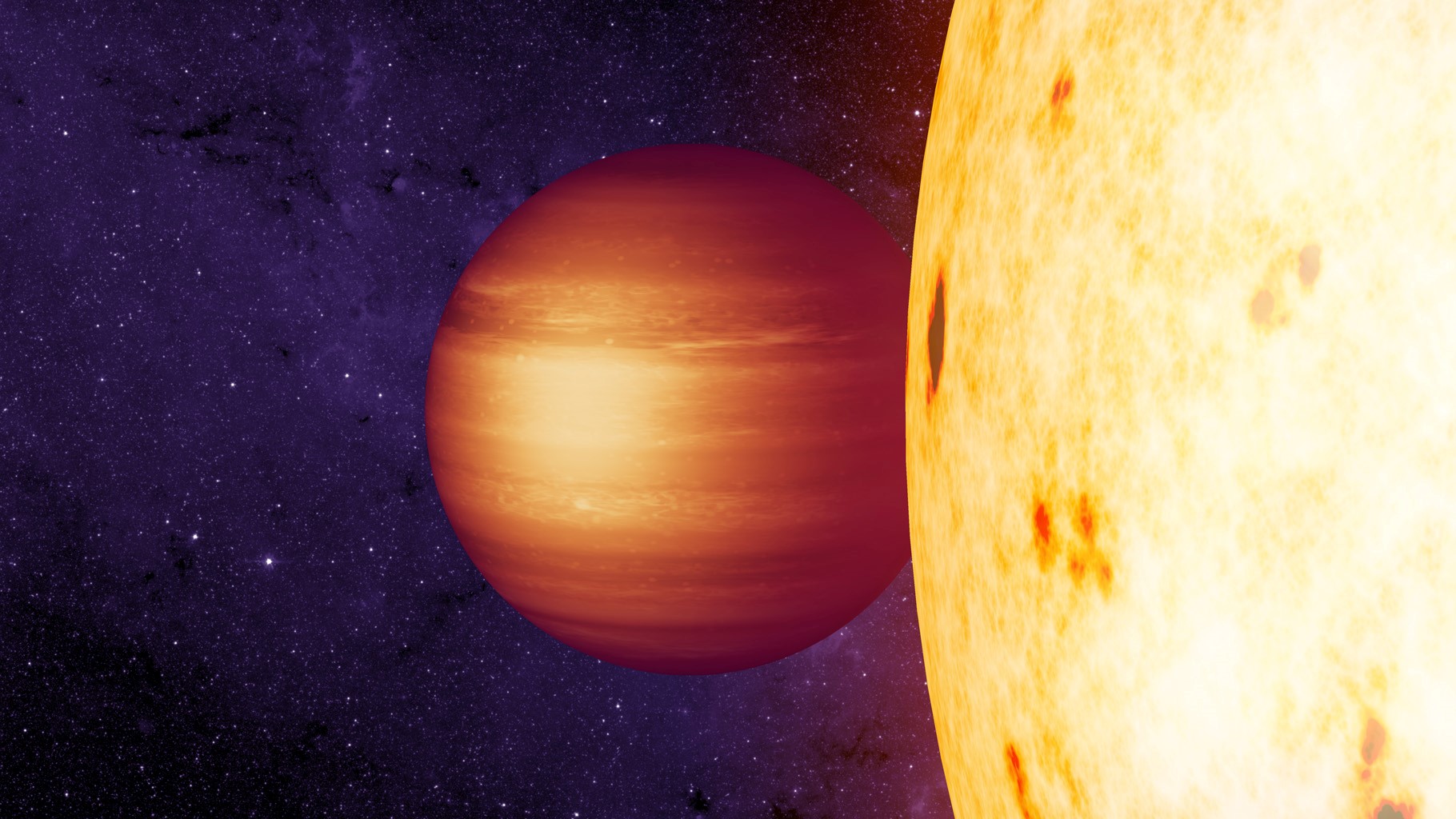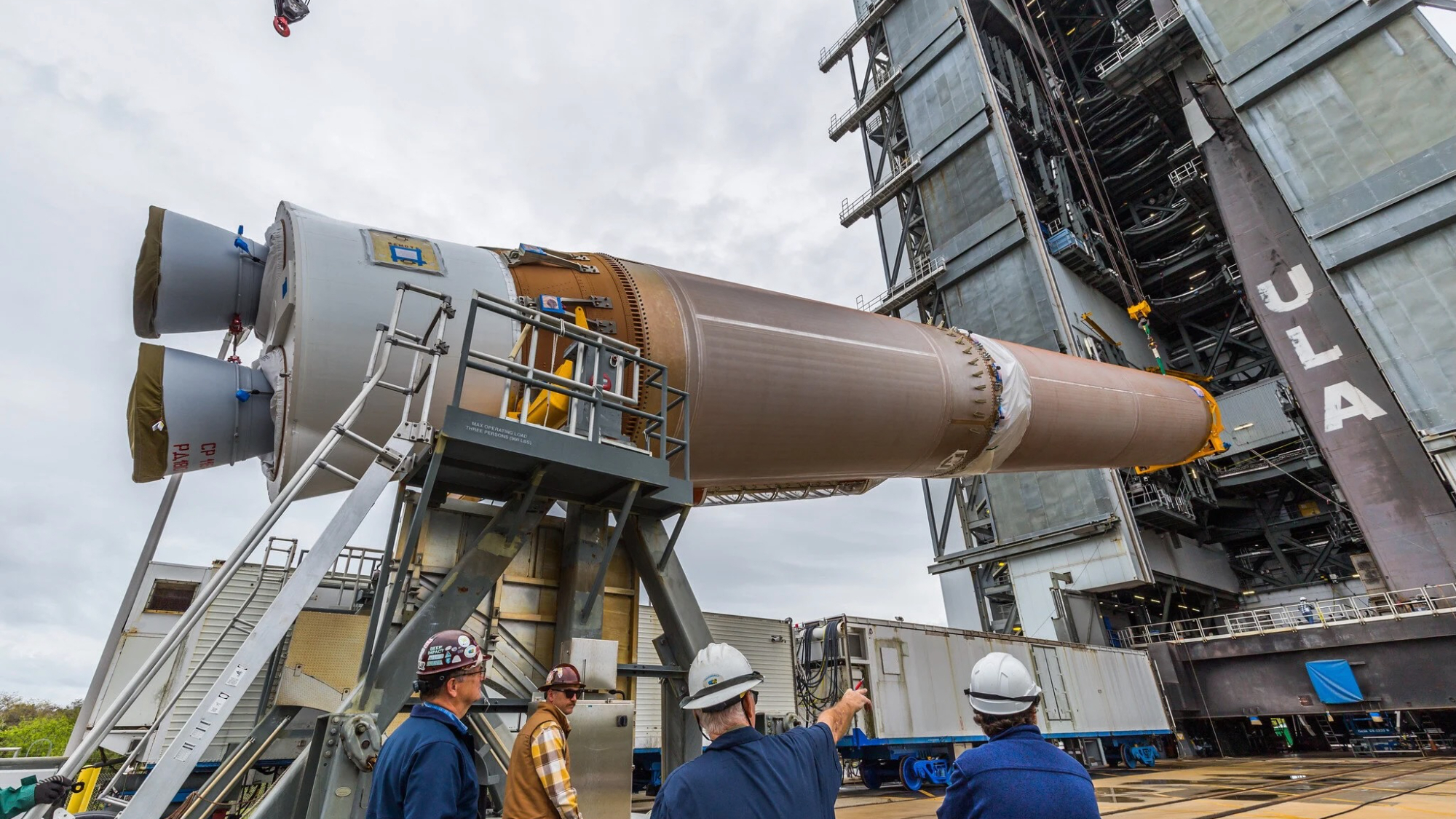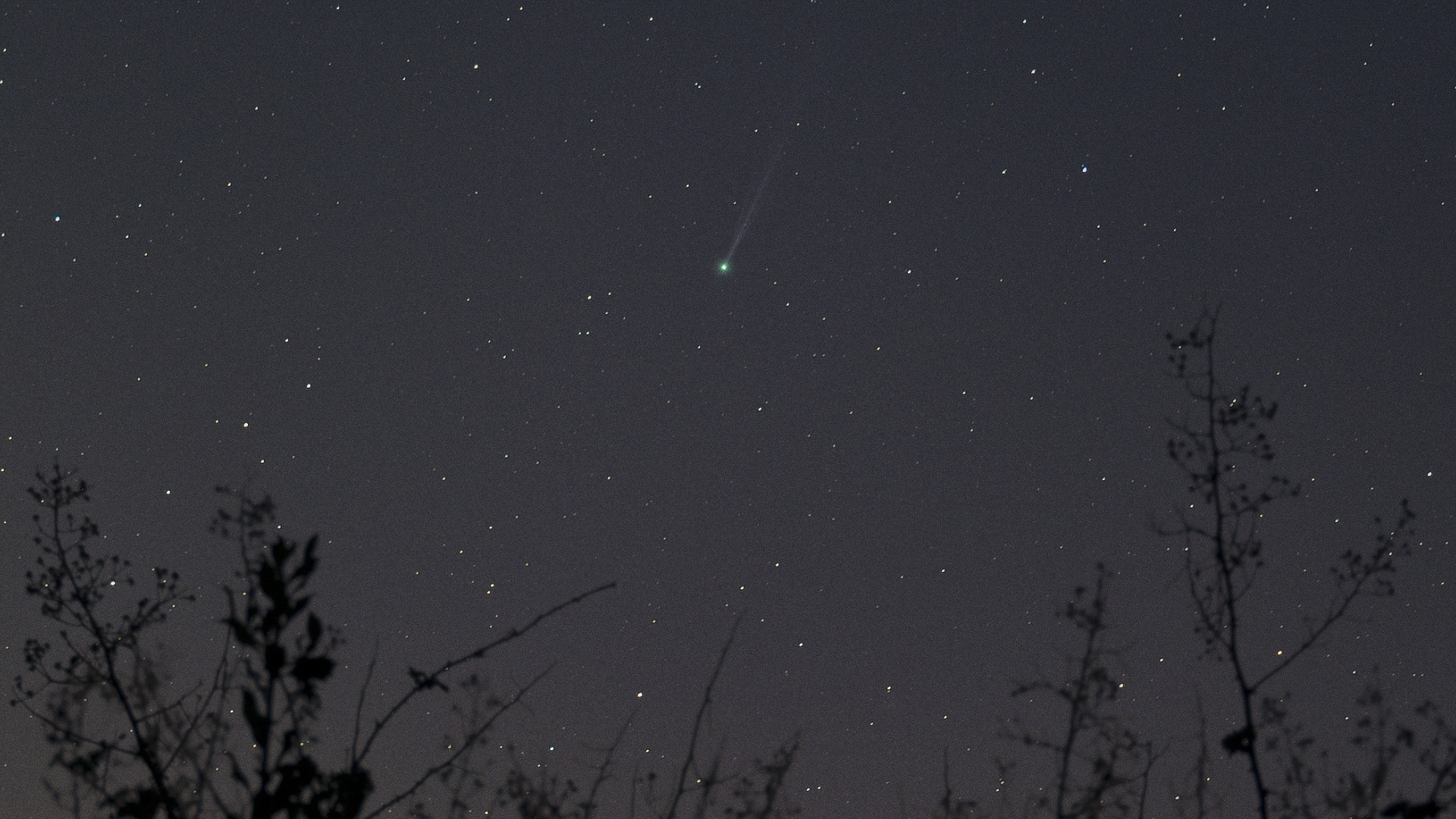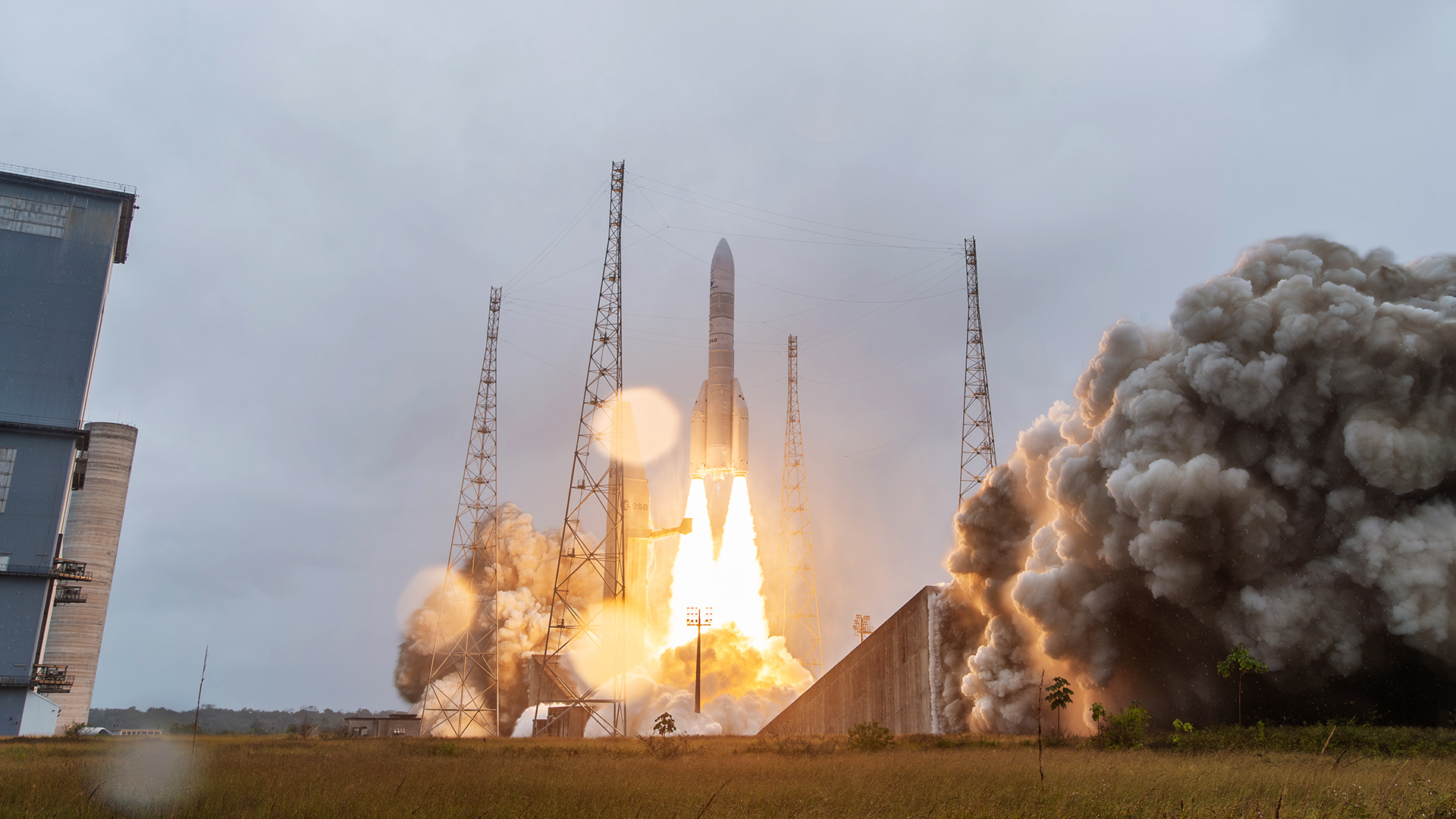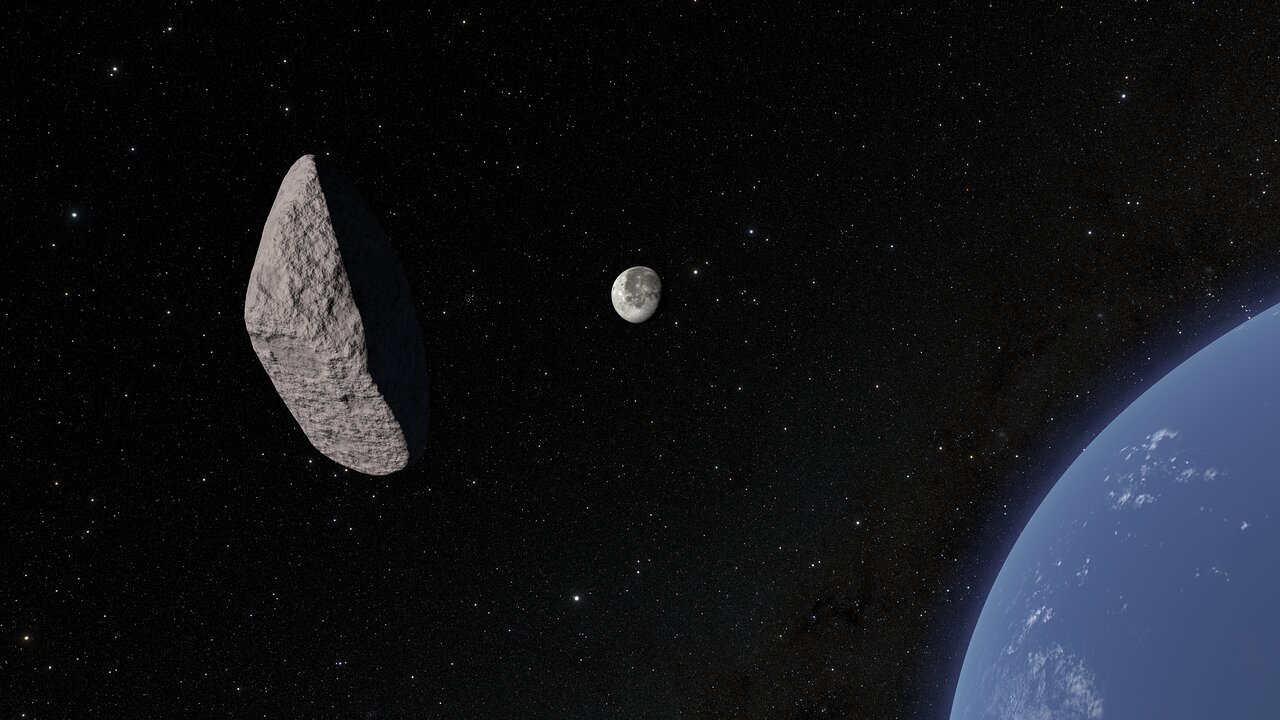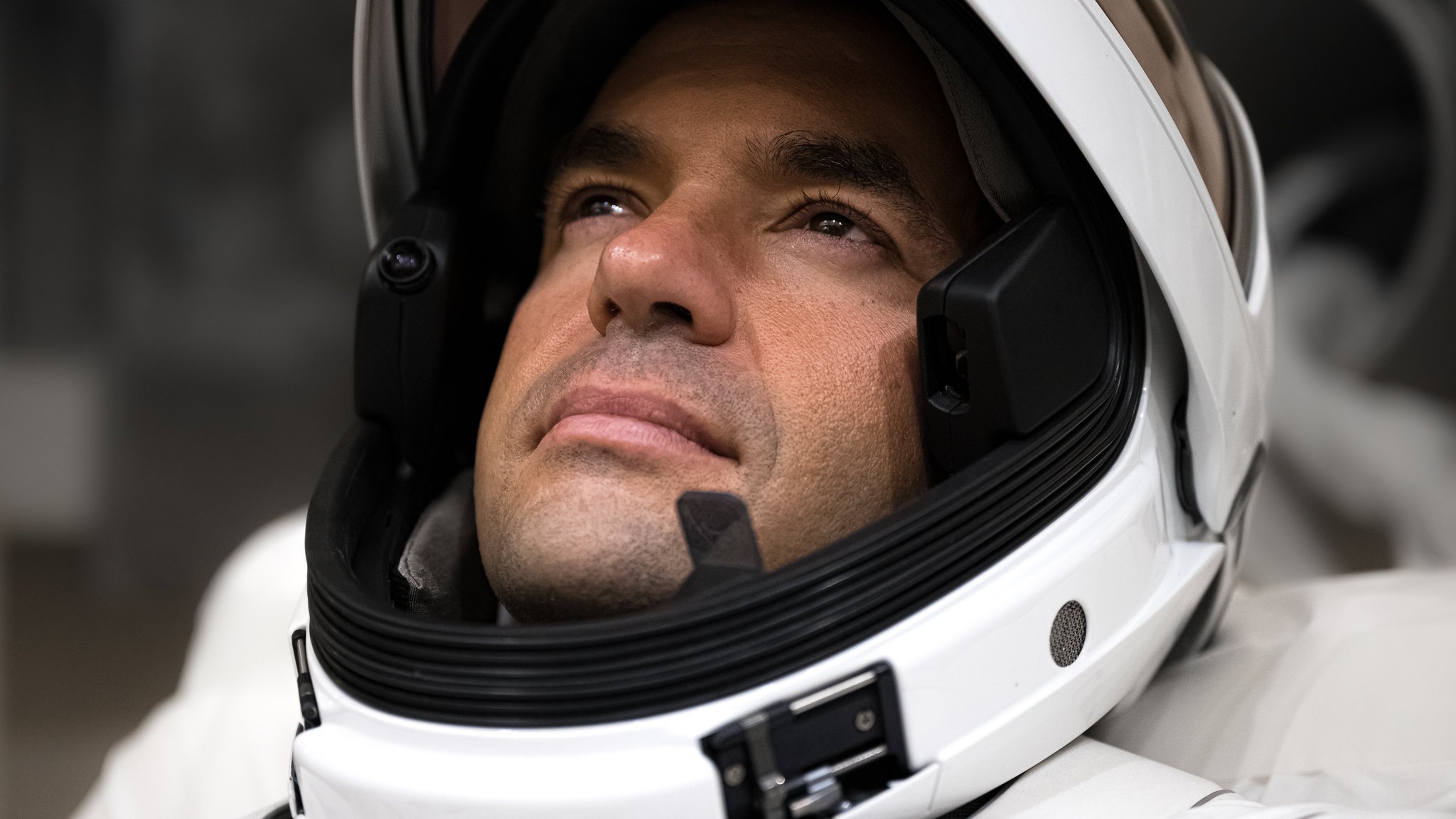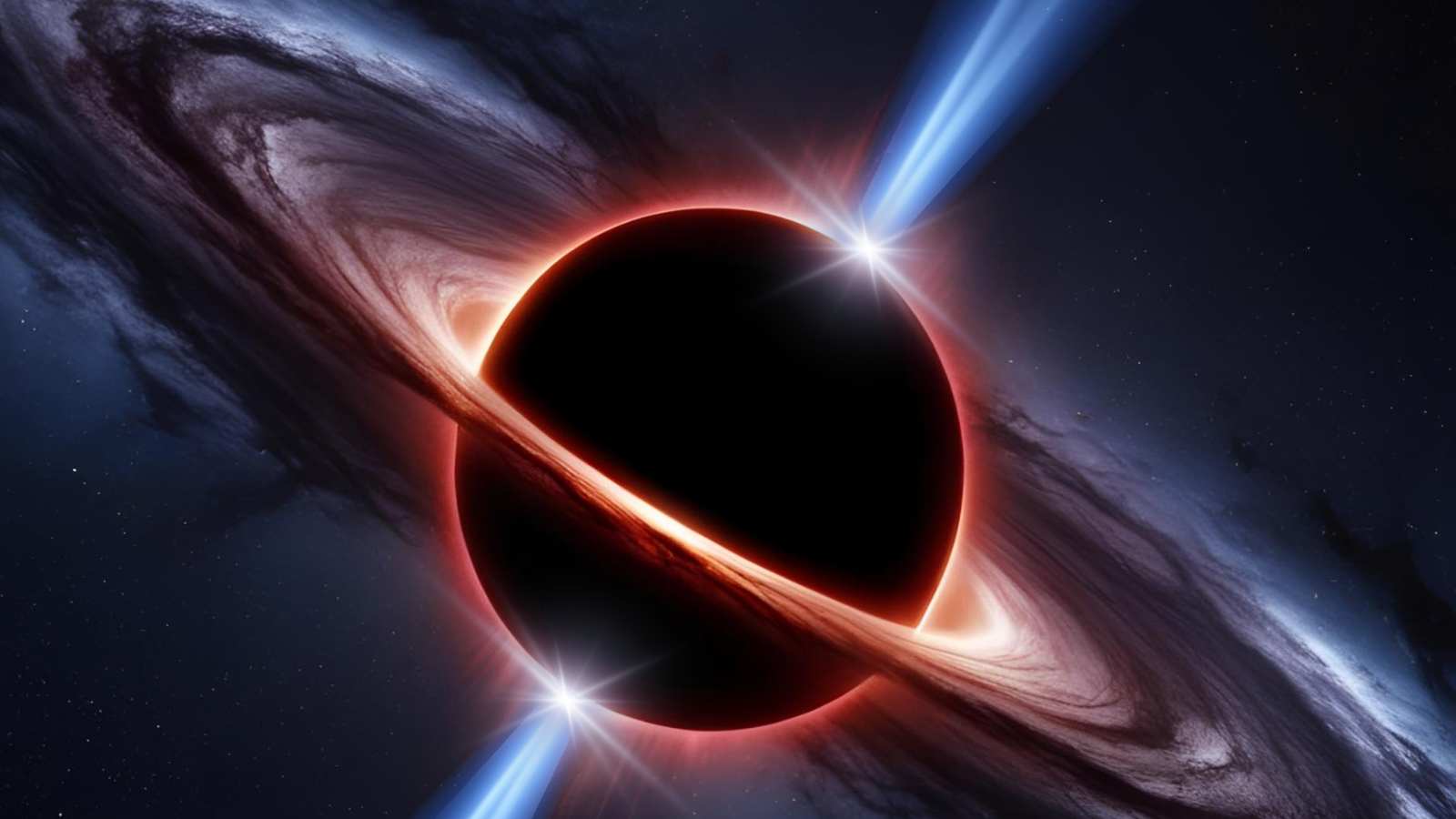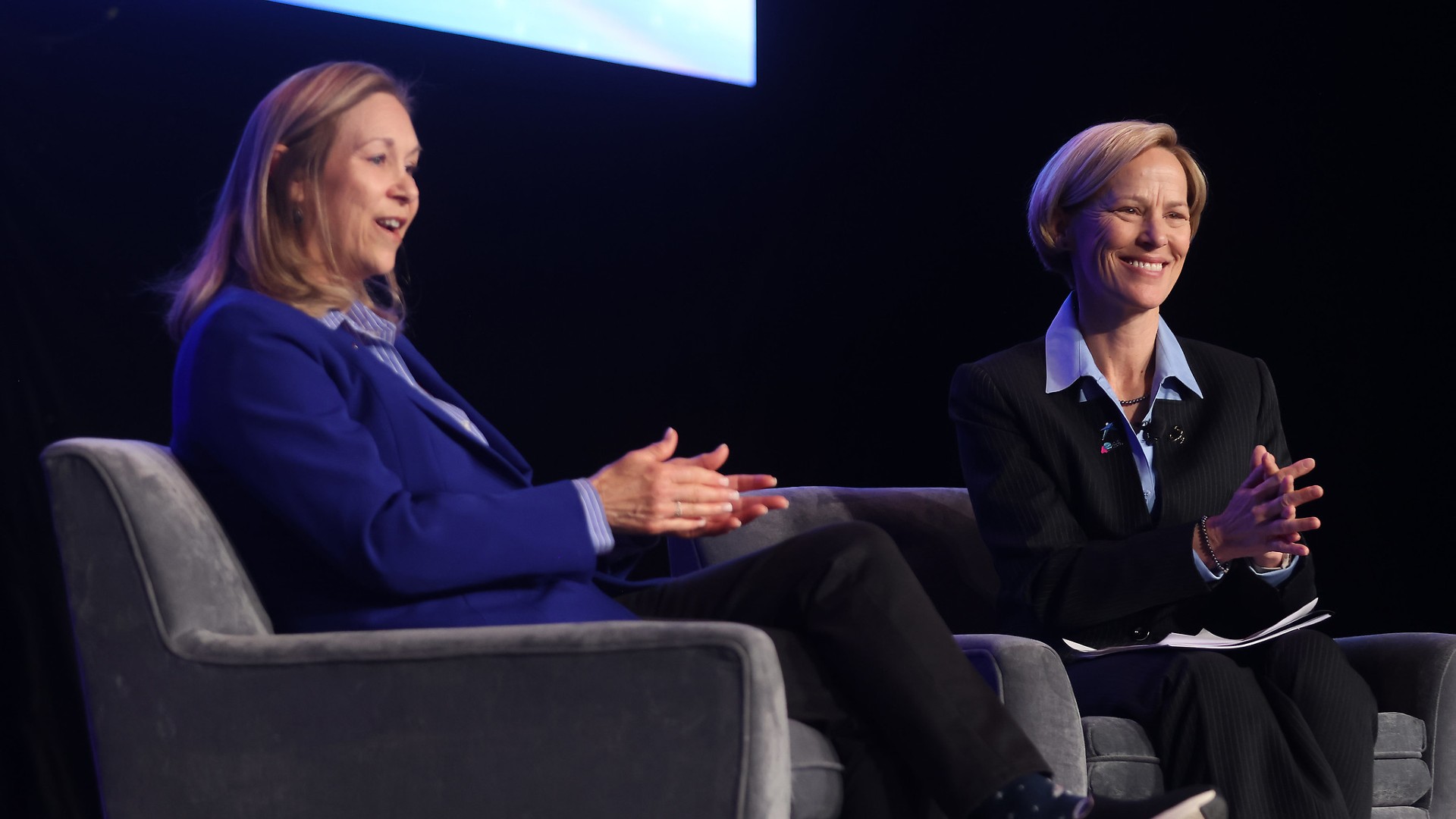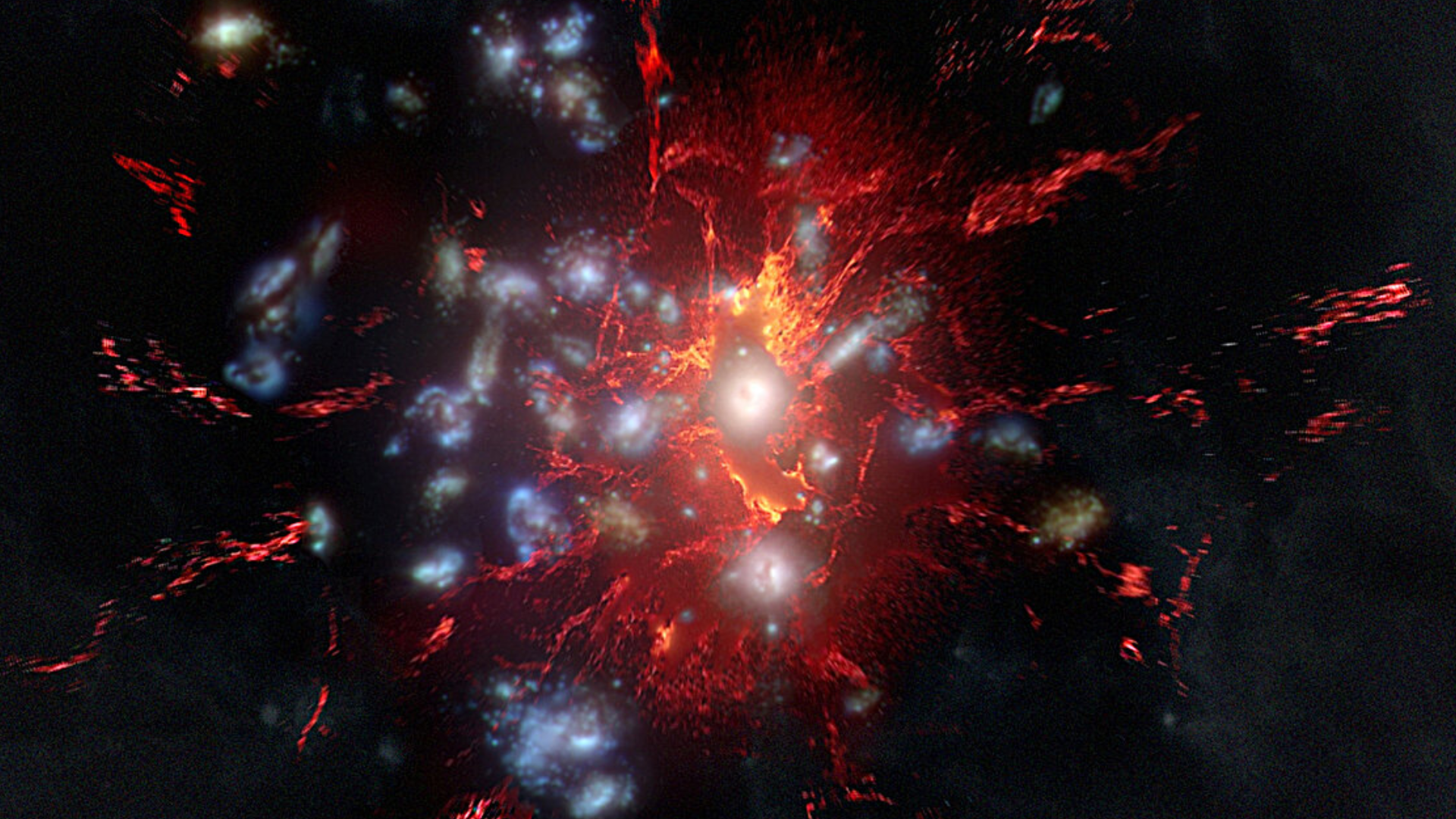'Mars rover' is the new 'moonshot' in Fall Out Boy's update to Billy Joel's 'We Didn't Start the Fire'
Elon Musk and Jeff Bezos also get a mention.
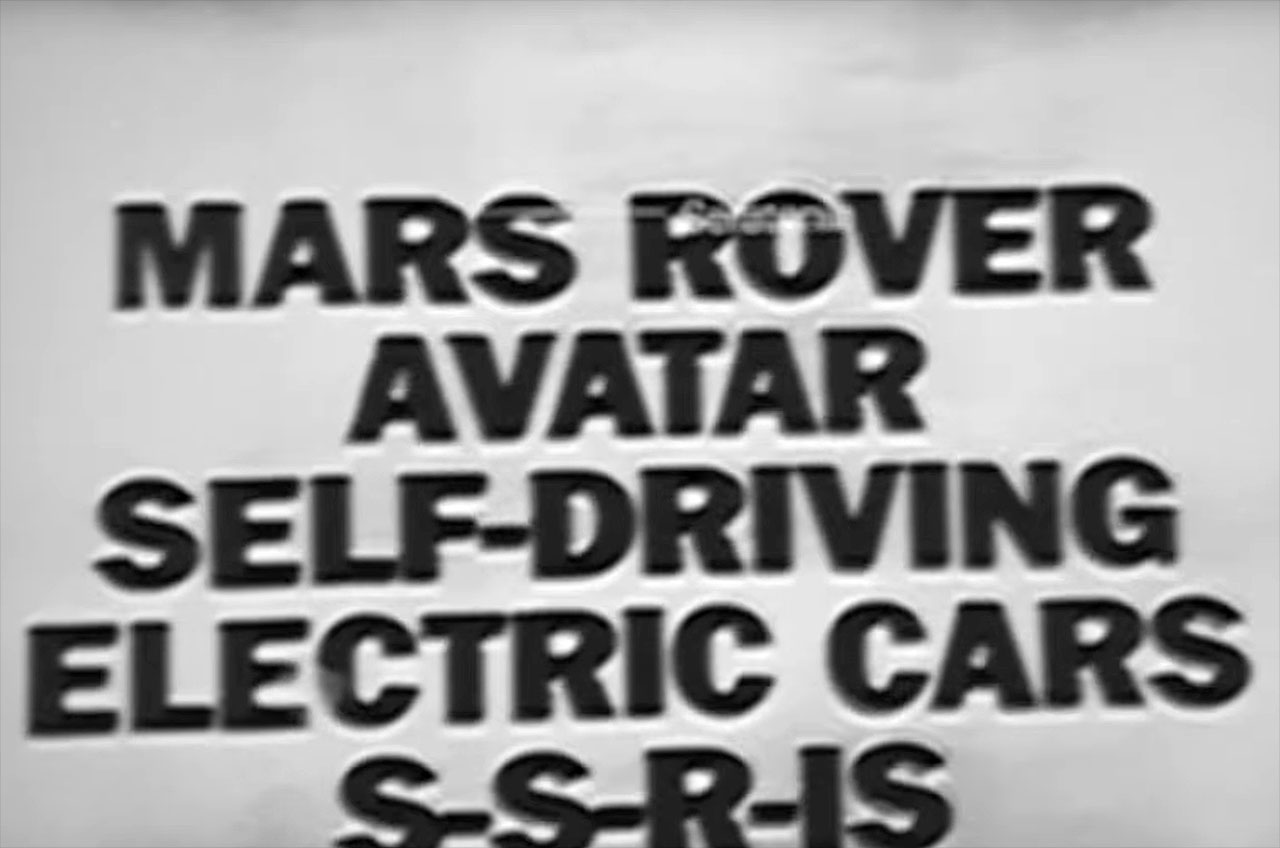
Fall Out Boy has released an updated version of Billy Joel's "We Didn't Start the Fire," ticking off key moments in world history from 1989 to 2023.
Like the original, the new cover includes mention of space exploration.
"So much has happened in the span of the last 34 years — we felt like a little system update might be fun. Hope you like our take on it," the rock band posted to Twitter on Wednesday (June 28).
Unlike Joel's classic, Fall Out Boy's recounting of events is not organized by decade or any type of chronological order. The first verse, for example, jumps from "Captain Planet," the 1990s animated environmentalist superhero TV series, to "Iceland volcano," which seemingly is a reference to the eruption of Eyjafjallaj kull, which halted all air traffic over Europe for several days in 2010.
Related: 10 incredible volcanoes in our solar system (images)
The first reference to outer space comes in the fourth stanza with Fall Out Boy's inclusion of the Fermi paradox, which describes the discrepancy between the lack of conclusive evidence of advanced extraterrestrial life and the apparently high likelihood of its existence. It is the song's first of two citations to ETs. "Tom Delonge and aliens" also gets a mention in verse seven, citing the former Blink-182 band member who in 2017 became a UFO researcher.
Fall Out Boy's first shoutout to human space exploration comes just before Delonge, with the mentions of Elon Musk and Jeff Bezos. While both men were probably included for more than just their commercial space companies, both SpaceX and Blue Origin, respectively, have set launch records and are under contract with NASA to return astronauts to the moon's surface.
The track's only clear reference to humanity's more recent efforts to explore space is in the last verse: "Mars rover." It is not clear to which Red Planet rover Fall Out Boy is referencing, from Sojourner, the first wheeled robot to land on Mars in 1997, to the twin Spirit and Opportunity rovers that arrived in 2004 or the Curiosity and Perseverance science labs that are still operating on the Martian surface. (Or, for that matter, China also landed a rover, Zhurong, in 2021.)
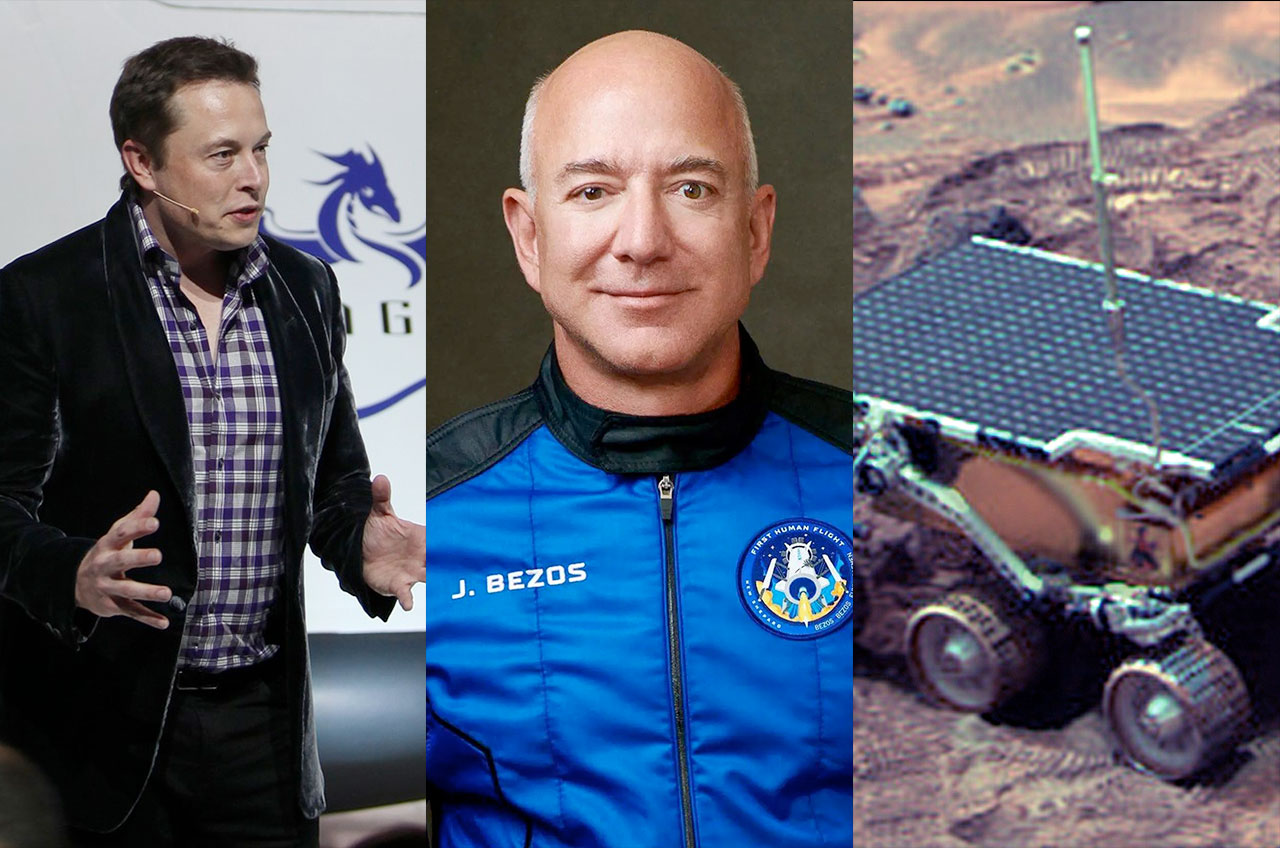
Fall Out Boy makes no reference to the International Space Station, which was established in 1998, completed in 2011 and has been continuously crewed for more than 20 years. Nor does the new song make mention of the first exploration of the dwarf planet Pluto in 2015 or the loss of space shuttle Columbia and its seven-person STS-107 crew in 2003.
The latter has something in common with the original. Although Billy Joel released "We Didn't Start the Fire" in 1989, it omitted the space shuttle Challenger tragedy from three years earlier, too.
Overall, though, Joel's version made more references to space history than Fall Out Boy's cover. Beginning with the world's first satellite, Sputnik, the "Piano Man" gave credit to NASA's launch of chimpanzees in the early 1960s ("space monkey"), John Glenn becoming the first American to orbit Earth, the Apollo moon landings ("Moonshot") and the first U.S. woman in space, Sally Ride, in 1983.
Follow collectSPACE.com on Facebook and on Twitter at @collectSPACE. Copyright 2023 collectSPACE.com. All rights reserved.
Get the Space.com Newsletter
Breaking space news, the latest updates on rocket launches, skywatching events and more!
Join our Space Forums to keep talking space on the latest missions, night sky and more! And if you have a news tip, correction or comment, let us know at: community@space.com.

Robert Pearlman is a space historian, journalist and the founder and editor of collectSPACE.com, a daily news publication and community devoted to space history with a particular focus on how and where space exploration intersects with pop culture. Pearlman is also a contributing writer for Space.com and co-author of "Space Stations: The Art, Science, and Reality of Working in Space” published by Smithsonian Books in 2018.In 2009, he was inducted into the U.S. Space Camp Hall of Fame in Huntsville, Alabama. In 2021, he was honored by the American Astronautical Society with the Ordway Award for Sustained Excellence in Spaceflight History. In 2023, the National Space Club Florida Committee recognized Pearlman with the Kolcum News and Communications Award for excellence in telling the space story along the Space Coast and throughout the world.


